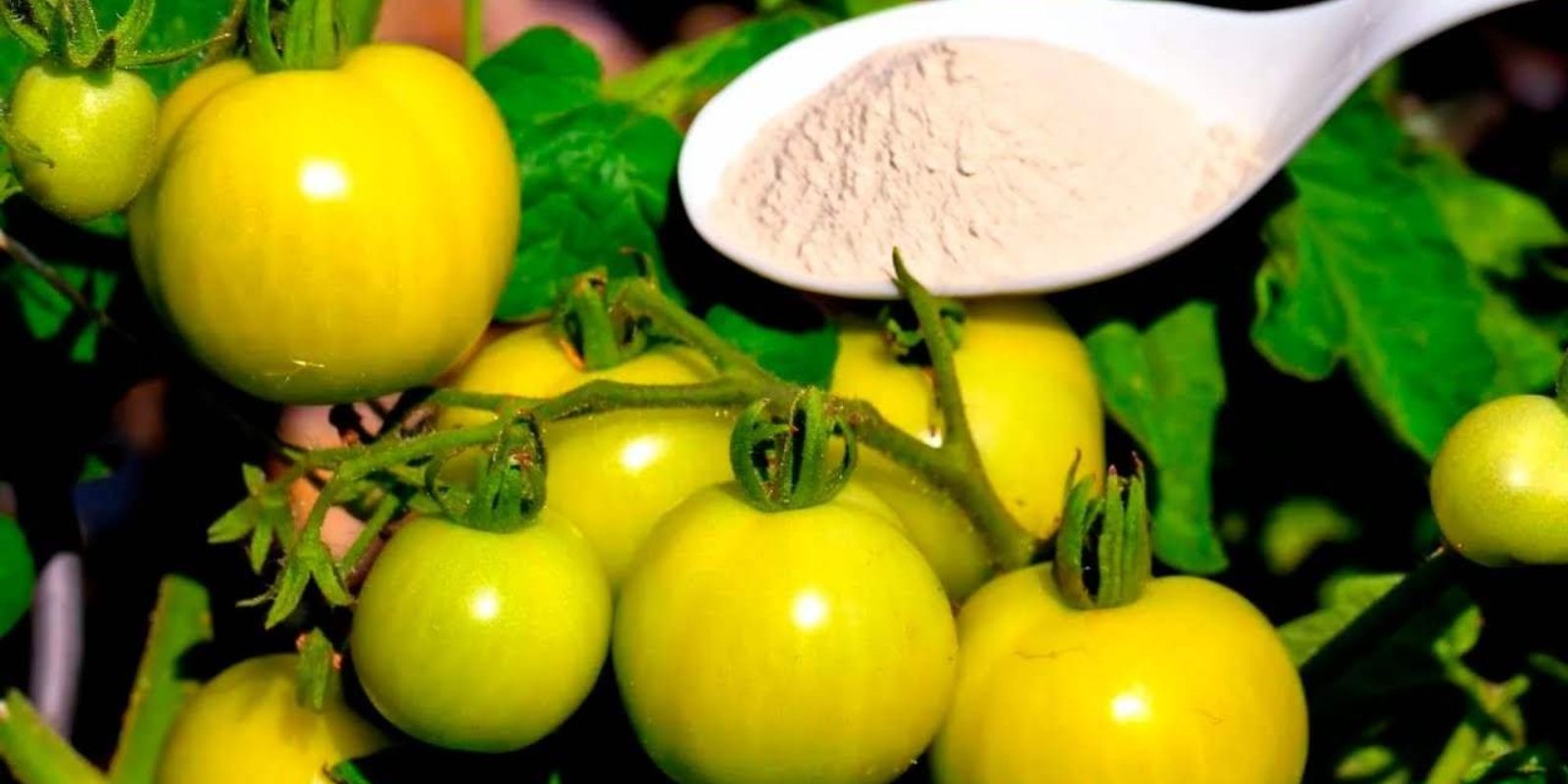Introduction
Gardening enthusiasts and novices alike can often find themselves facing the challenge of maximizing their vegetable yields. Cucumbers, tomatoes, and peppers are popular choices for home gardens due to their versatility and deliciousness. However, achieving a bountiful harvest requires more than just standard care; it involves understanding how to provide these plants with the optimal nutrients they need to thrive. One secret ingredient can make all the difference in boosting your garden’s productivity. This article will guide you through the steps of using this powerful addition to enhance the growth of your cucumbers, tomatoes, and peppers.
Step 1: Choose the Right Ingredient
The secret ingredient that can dramatically improve the health and productivity of your vegetable plants is compost. Compost is a natural, organic material that enriches the soil, providing essential nutrients that plants need to grow strong and produce abundantly. It’s a powerhouse of organic matter that improves soil structure, moisture retention, and microbial activity, all of which are crucial for plant health.
Alternatively, fish emulsion is another excellent choice. It is a liquid fertilizer made from fish byproducts and is rich in nitrogen, phosphorus, and potassium—key nutrients that support vigorous plant growth and fruit development. Fish emulsion also provides beneficial microorganisms that enhance soil health.
Step 2: Prepare Your Soil
Before adding compost or fish emulsion, it’s essential to prepare your soil to ensure the best results. Start by testing your soil to determine its current nutrient levels and pH. This will help you understand what your soil might need and how much of the ingredient to use.
For compost:
- Spread the Compost: Apply a 2-3 inch layer of compost evenly over the surface of your garden beds. This will provide a steady release of nutrients as it breaks down.
- Incorporate into Soil: Use a garden fork or tiller to mix the compost into the top 6-8 inches of soil. This helps improve soil structure and allows roots to access the nutrients more effectively.
For fish emulsion:
- Dilute the Emulsion: Follow the instructions on the package to dilute the fish emulsion. It is typically mixed with water before application.
- Apply to Soil: Pour the diluted fish emulsion around the base of your plants, ensuring it soaks into the soil. Be careful not to get it on the foliage, as it can cause leaf burn.
Step 3: Regular Application
Consistency is key to maximizing the benefits of compost or fish emulsion. For compost, apply it once every 4-6 weeks throughout the growing season. This regular feeding schedule will ensure your plants have a constant supply of nutrients.
For fish emulsion, feed your plants every 2-3 weeks. This frequent application helps maintain optimal nutrient levels in the soil, supporting robust growth and fruiting.
Step 4: Monitor Plant Health
After applying your chosen ingredient, keep a close eye on your cucumbers, tomatoes, and peppers. Healthy plants will show signs of vigorous growth, such as lush, green leaves and strong stems. You’ll also notice more flowers and fruit developing.
Pay attention to any changes in your plants. If you see signs of nutrient deficiencies or excesses, adjust your application rates accordingly. For instance, if plants appear too leafy with few fruits, reduce the nitrogen-rich compost or fish emulsion. Conversely, if growth is stunted, you might need to increase the frequency or amount of feeding.
Step 5: Adjust as Needed
Gardening is a dynamic process, and what works perfectly one season may need adjustment the next. Based on your observations, you may need to tweak your approach. If your plants are thriving and producing well, continue with your current routine. If not, consider testing your soil again or consulting with local gardening experts for additional advice.
Motivation
By incorporating compost or fish emulsion into your gardening routine, you can unlock the full potential of your vegetable plants. These natural additives will not only enhance soil fertility but also promote stronger, healthier plants that yield abundant cucumbers, tomatoes, and peppers. Start using these powerful ingredients today, and witness how your garden transforms into a lush, productive oasis.
Conclusion
Growing cucumbers, tomatoes, and peppers to their full potential requires more than just planting and watering. The secret to a thriving vegetable garden lies in the quality of your soil and the nutrients you provide. Compost and fish emulsion are two exceptional tools that can make a significant difference in your garden’s productivity. By understanding how to use these ingredients effectively, you’ll be well on your way to enjoying a bountiful harvest of your favorite vegetables. Embrace these gardening tips, and watch your garden flourish like never before.

